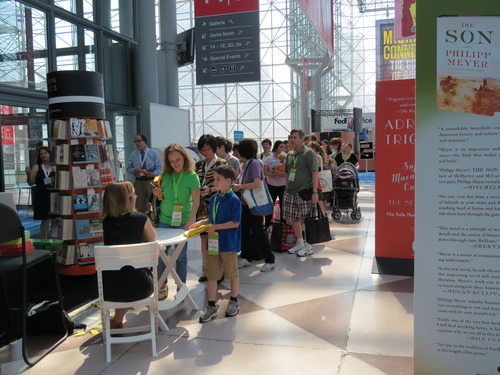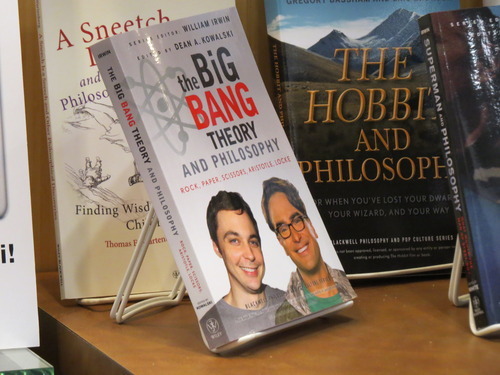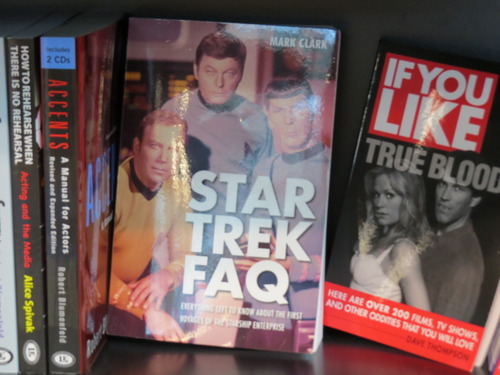Random Penguin? Penguin House?
With the merger between Random House and Penguin Group complete, I thought this would make a good opportunity to talk about the lasting impression BEA left us with in 2013. BEA 2013 was buzzing with energy and excitement. On the outside, one would never know that something major was taking place in the backdrop to change the face of publishing forever. At BEA, authors were enjoying rockstar treatment; lines and crowds were everywhere.



Meanwhile, two of the Big Six publishers were waiting for governments worldwide to clear one of the biggest mergers in publishing history. July 1st marks the official birth of Random House Penguin Group, a company consisting of Pearson’s trade divisions under the Penguin Group umbrella and all of Random House minus their Germany counterpart, Random House Verlagsgruppe. What does this mean? For publishing professionals, it means slightly less choice in your employer. The new powerhouse publishing group employs 10,000 employees worldwide and based upon their choices for the new upper management of both Random House and Penguin Group, I am sure the crew will be eager to slash 25% of their workforce to save money… because you know, #publishing. If publishing trends in the past are anything to make assumptions from, the new group will probably decide to merge like imprints and divisions, further reducing choices for publishing professionals.
Agents, authors, and readers will also be out of luck once a bidding model is decided upon – since Penguin and Random House have different rules on how imprints can bid on proposals, it is important to note that one company allows imprints to big against one another for a manuscript while the other company does not allow that practice of author acquisition. I think this means a lot of great books that would have had a better chance of finding a home will be pushed aside because big publishers don’t like to take chances on unknown writers. On the plus side, this may allow Random House Penguin Group to throw their weight at Amazon in who knows what capacity. This new company will probably reinforce Simon & Schuster’s desire to merge with Hachette Book Group, reducing the publishing pool even more.


While there are many things to worry about with this merger, I think this is a great opportunity for the mid-size publishers to step up and snap up unknown authors that may resort to self-publication to get notice. After all, it was Bloomsbury that discovered Harry Potter, not Scholastic. Mid-size publishers are always more willing to take chances on authors that wouldn’t get the time of day from the Big Six. Hopefully the smaller publishers will use this merger as an opportunity to fill some new voids created by Penguin and Random House turning into one.
